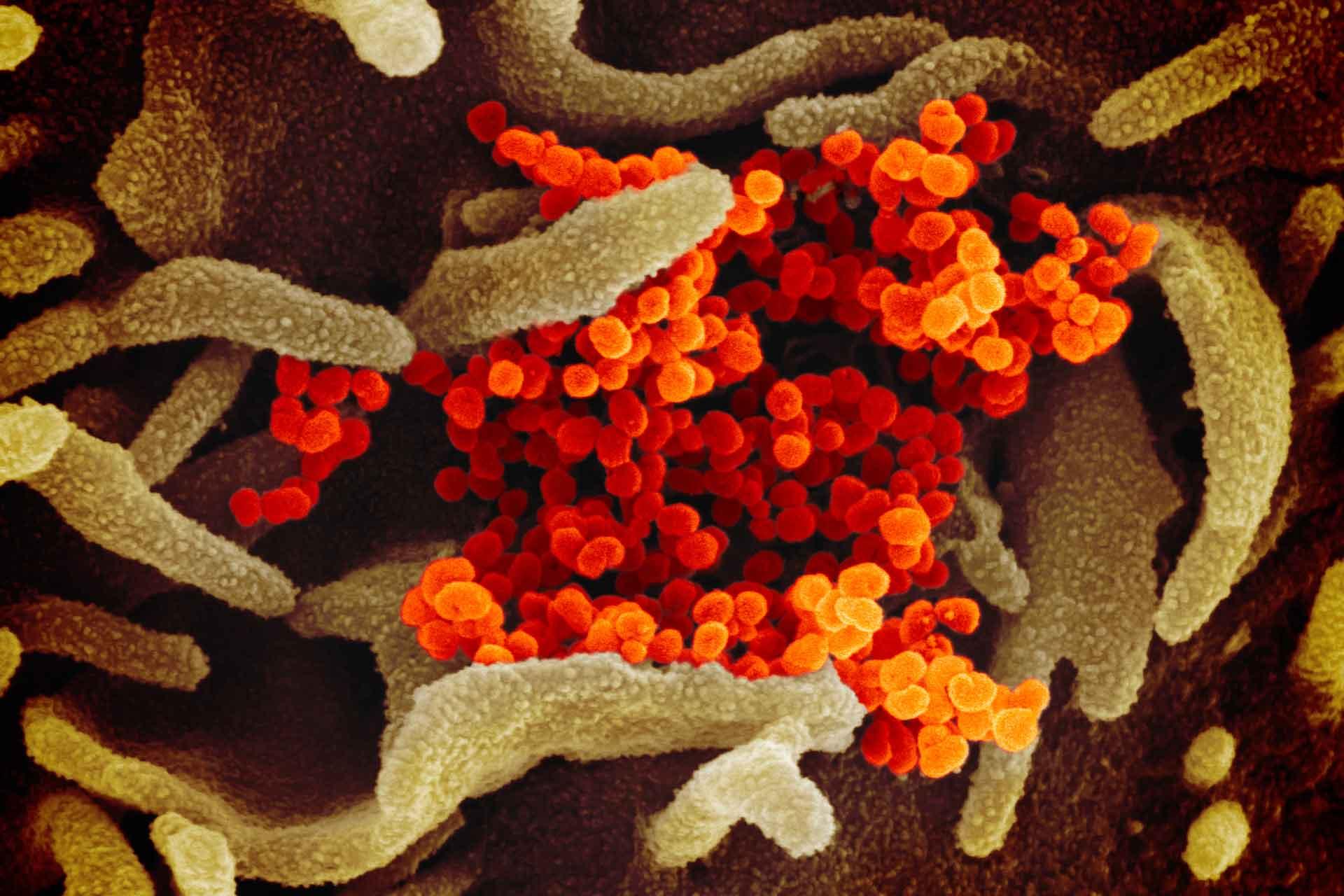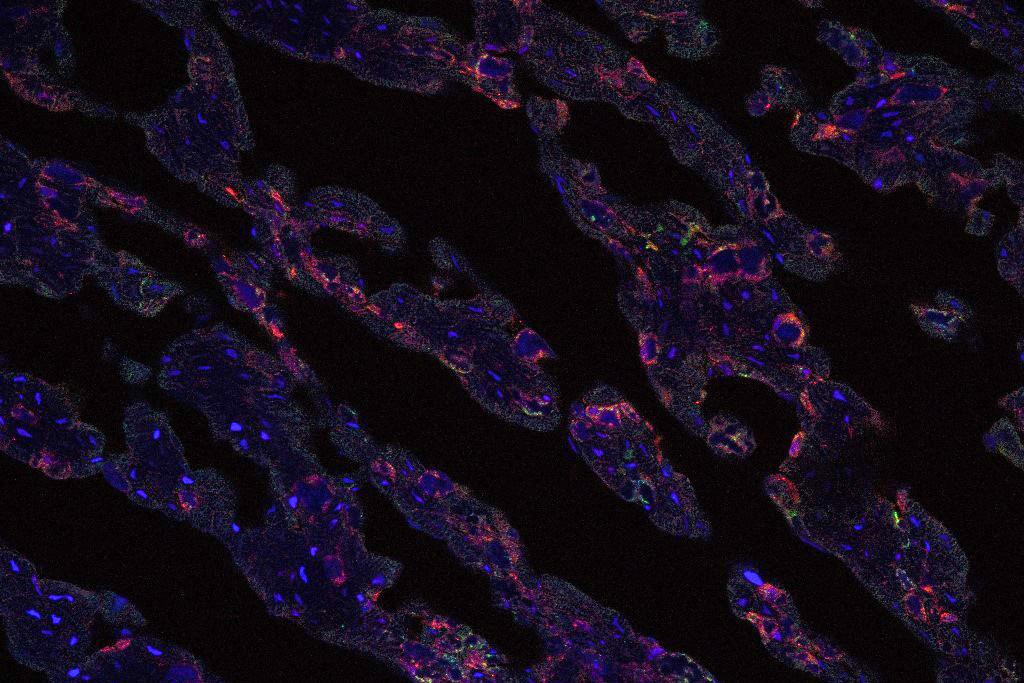The Pirbright Institute has joined a £10m advanced technology surveillance programme to strengthen the UK’s biosecurity and protect animals, plants, people and trade.
Advanced genome sequencing technologies - a method that reads the complete genetic code of a living organism, including viruses, bacteria, fungi, or animals - will be used to detect, identify and track pathogens with precision.
Funded by the Department for Environment Food and Rural Affairs (Defra) and UKRI and led by the Animal and Plant Health Agency (APHA), the Genomics for Animal and Plant Disease Consortium (GAP-DC) project involves Pirbright, Cefas, the Food and Environment Research Agency (Fera), the Royal Veterinary College (RVC), University of Oxford, and Forest Research.
Dr Graham Freimanis, Head of High Throughput Sequencing at Pirbright, said: “We’re delighted to have received £1.2m to support this research. We will be providing expertise for four distinct work packages that will examine how we can use genomic testing in remote resource-limited regions, how we can deliver better test results to stakeholders, the creation of a digital dashboard, and how we can better educate policymakers in the interpretation of genomic data."
The Pirbright work links activities between its Reference Laboratories and employs two post-doctoral researchers - Dr Tahmina Ruba and Dr Ge Wu.
The UK faces significant and growing economic threats from pests and diseases affecting agriculture, livestock, and the environment. Invasive species alone cost the UK economy an estimated £4 billion annually, while plant pathogens and pests contribute to substantial crop losses.
APHA Interim Chief Executive Dr Jenny Stewart said: “Disease presents a significant risk to our farmers, global trade and human health. This vital funding and collaboration with world leading experts will help APHA identify and tackle disease risk more effectively. This research will lead to significantly advanced surveillance capabilities to protect UK borders from new and existing threats.”
Research to be undertaken across the consortrium includes a focus on increasing the speed of pathogen detection at borders, addressing new and re-emerging disease outbreaks, developing new strategies to control and mitigate endemic disease, and an improved approach to working with stakeholders and the community.
It will also investigate disease spillover from wild animals and plants – when a virus moves from one species to other, such as the transmission of the COVID-19 virus from bats to humans.

